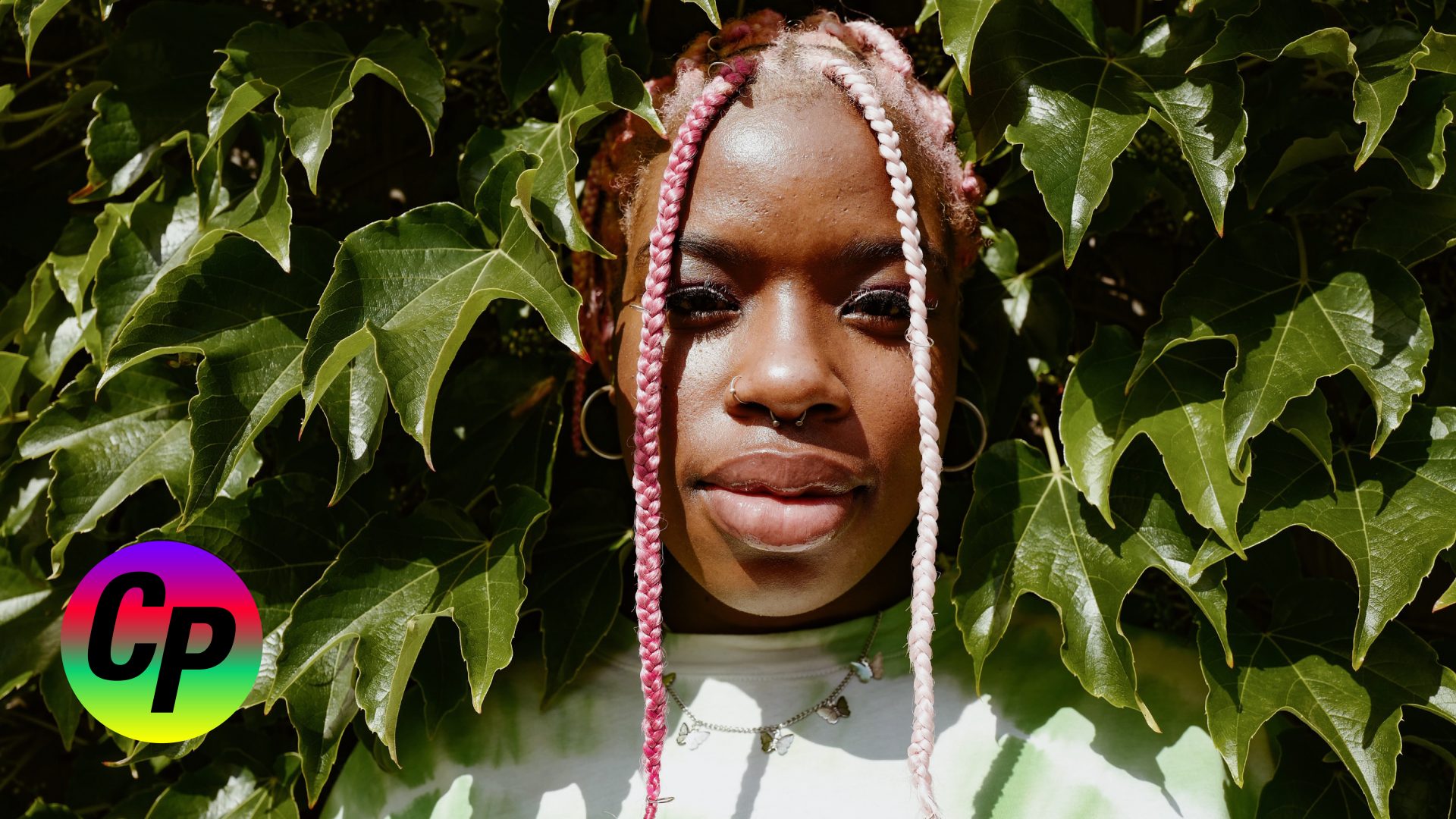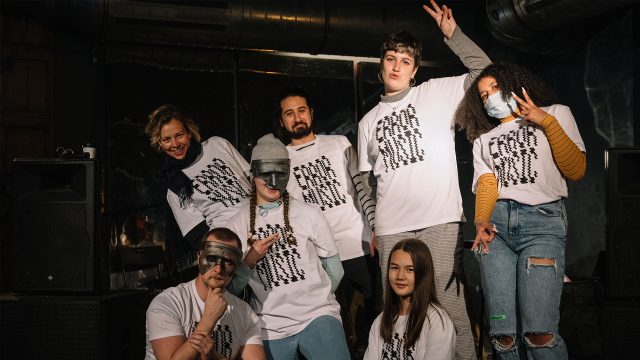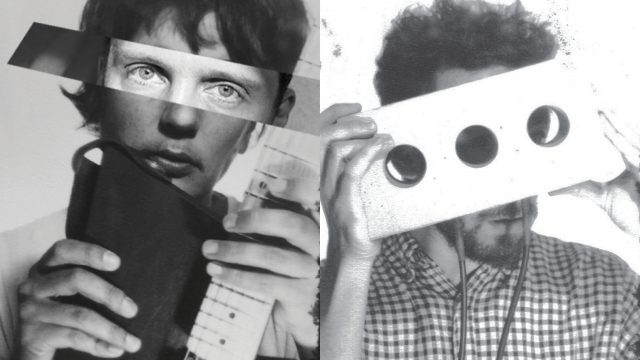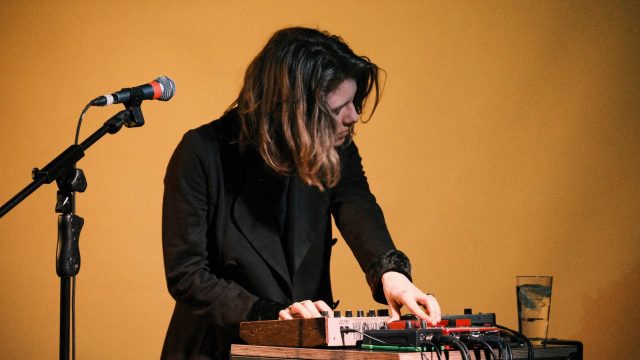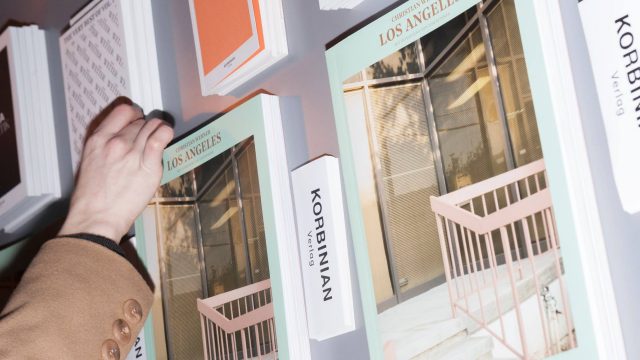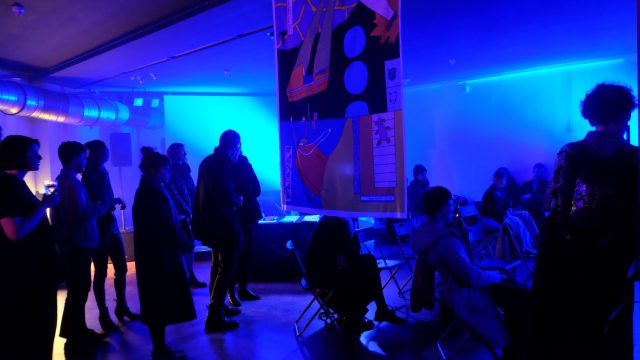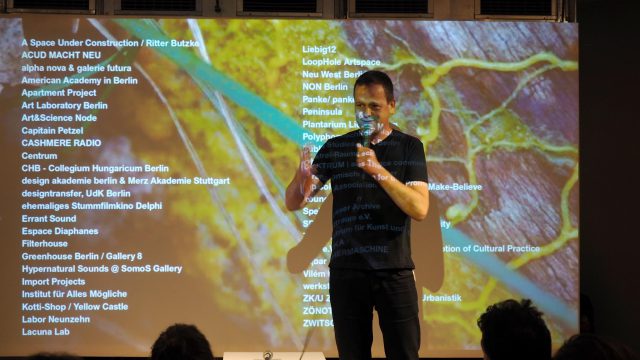Photo by Jacqueline Thomas Loaiza
DJ, documentary maker and radio host Juba has steadily built a reputation as one of Berlin’s foremost champions for music from Africa and the African diaspora. A child of the UK’s Nigerian diaspora and a History graduate from the University Of Warwick, Juba combines her academic background with her music based projects, exploring cultural landscapes and societal topics through the lens of music. We are thrilled and happy she joined the curatorial team of COLLECTIVE PRACTICES!
Photo by Jacqueline Thomas Loaiza
Hi Juba! Welcome to the Collective Practices Team! Could you tell us about yourself?
J: Hi and thanks!
I’m a DJ (and now a curator) from Essex and I’ve been based in Berlin for just over two and half years now. I also host radio shows on Berlin’s Cashmere Radio and London’s Worldwide FM and this year I released my first documentary ‘Assurance’ which explores the experiences of female DJs in Nigeria.
Naturally I’m very much interested in the arts, particularly music and my main interest is music from Africa and the African diaspora, focusing on contemporary electronic genres. I’m also a graduate in History and Spanish and so I try to combine my academic background in history with music, which has led me to take a particular socio-political interest in creative expression. I like to use music as a means of exploring society and culture and besides from my mixes I do this through film and radio too.
I’m also very much into sports and enjoy a spot of recreational boxing and pole dancing, which is countered by my love of cooking and newly acquired taste for baking.
What do you like about Collective Practices?
J: I really appreciate how Collective Practices explores such a range of ideas and brings them together under these themes of resistance, care, narratives and knowledge. It exposes a connectivity between the arts, technology, science and other means of expression and offers an exciting breadth of ideas to immerse oneself in. I enjoy that through Collective Practices people can engage with stories from people in the African diaspora; learn about sustainable food consumption via an urban farm in Delhi; read essays on the arts in the UK and watch films made by Mexican artists which intersect art, science and technology–all in one project. I’m also impressed by how Collective Practices has adapted to the conditions of Covid-19 and rather than being overwhelmed and disrupted by regulations has used technology to create a project which connects people and ideas all over the world, in a very powerful way.
I wanted to be part of Collective Practices as I see it as a perfect opportunity for me to combine my creative, academic and social interests within extended projects which encourage critical thought and an interrogation of our behaviour as individuals and communities. Being a curator will allow me to exploit the power of art and creativity for a wider societal purpose in a way that isn’t always possible in my usual spaces i.e on radio or in nightclubs.
What are your plans for the project?
J: Amongst other things, I would like to bring a spotlight to the world of local and community focused creative projects i.e. DJ collectives, community radio etc. I want to explore how they represent collective practices, community, care and resistance and how they challenge, mould and disseminate ideas into society. I’m also interested in exploring cultural practices and traditions within communities and especially how they function for those in diaspora.
As of yet I don’t want to speak too much on who I will invite or what I plan to do as this is always evolving, but hopefully some very exciting and thought provoking experiences will be developed.
Collaboration is important as I believe there is always power in unity and numbers. Some of the best ideas I’ve had have come from working with other people, as larger teams can bring about different perspectives and approaches that one person may not think of. Working collaboratively can be very enriching and invigorating and it’s always interesting to see how other people view the world. Collaboration also presents its own challenges, especially when there are divergences in opinions and/or approaches, but working with those who think differently to you is also crucial for personal growth, versatility and expanding horizons.
I love dance and the way that it can be a collective practice. Coming from an Igbo background (Igbo is an ethnic group and language from Eastern Nigeria) communal dancing is quite an integral part of our expressive culture and traditions. This is something that I see mirrored in a lot of contemporary African dance cultures all over the continent. In the modern day a lot of songs from distinct music genres such as West African Afrobeats and South African Gqom also involve dance moves which become crazes, like the Nigerian zanku or South African gwara gwara. These are always really exciting especially in communal dance spaces, but also online too and feel like a modern evolution of traditional communal dance culture.
